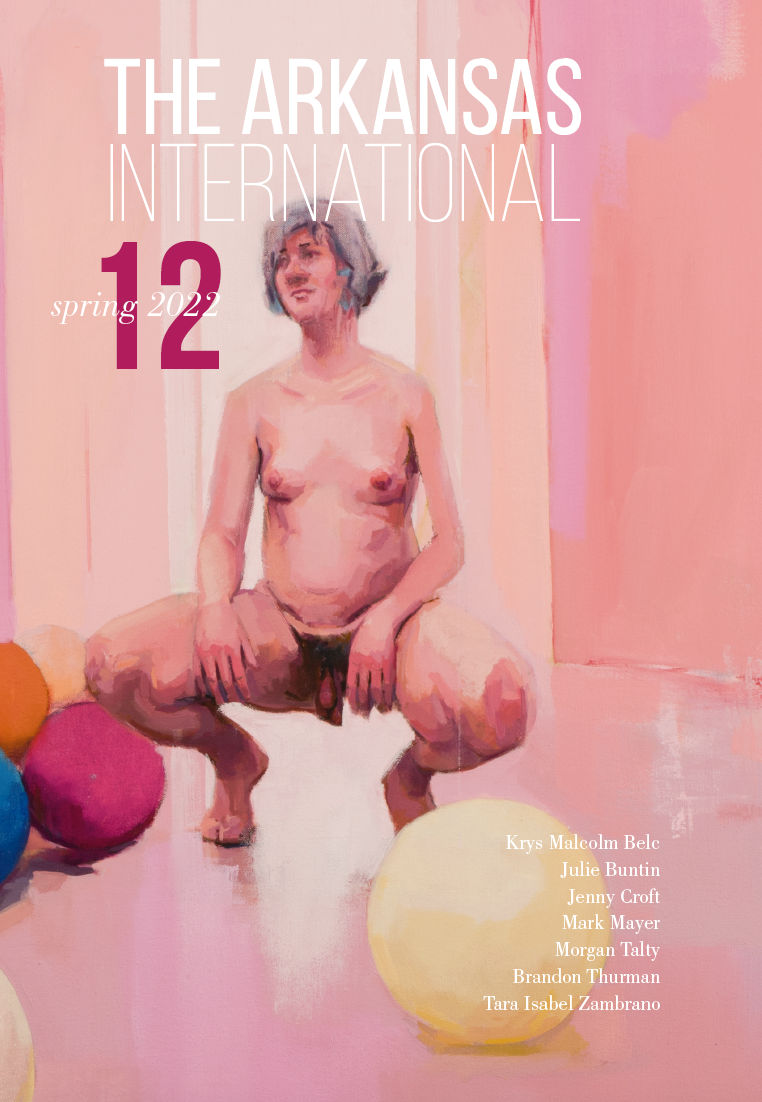Sebastián Martínez Daniell
Trans. by Jennifer Croft
DREAD
The young Sherpa is going home from school. He is older; he’s begun attending high school. He has already seen the mountain. He’s walking but decides to pause. He sits down on a stone, postponing his return. From there he can see the land that surrounds his house. In the background, the mountain range. Sterile little stones everywhere. His mother exits through the back; in her arms, she holds a heavy basin. The young Sherpa sees her from the perspective of his hebetude and wants to tell her not to bother, that it will snow in the night. But she takes a couple of steps and hangs the wet clothes on the line. Using wooden pins, ligneous bamboo converted into miniature prehensiles. Above her, the elements.
Could you say the element? An element? Or is elements an indivisible? Can elements be fragmented, broken down into a sequence, a system and a pattern found? Or are they an ethereal creature that has no form or that assumes the endless form of what it colonizes? Are they something that is there, an all-encompassing entity become chaos, something that takes in everything and always, but is nonetheless fortuitous?
If the woman said, for example, “something dyed my clothes,” or “something dyed my clothes almost imperceptibly,” if the young Sherpa’s mother looked up, fixed her gaze on the lowering clouds, if she observed the fabric of the clothing against the glare and said aloud: “Something dyed my clothes red so nearly imperceptibly that only I can tell,” then we would want to know: is that red, its feeble pigmentation, the elements or shelter?
The young Sherpa’s mother finishes hanging her clothes, picks up the basin—now relieved of its weight—and disappears from the picture. The wind picks up. A gust comes from the north. A cloth (tablecloth, sheet, or tunic) is shaken, raised, and wrapped around the rope. There is something melancholy and then irreparable in that damp cloth, ever so slightly discolored, victim of twisting and distortion. It seems impossible that it will ever be unknotted now. That from now on it will be like this: clinging to a rope in a suffocating embrace, strangling itself.
The young Sherpa rises and walks home.
Jennifer Croft won the 2020 William Saroyan International Prize for Writing for her illustrated memoir Homesick and the 2018 Man Booker International Prize for her translation from Polish of Nobel laureate Olga Tokarczuk’s Flights. She is also the author of Serpientes y escaleras and the translator of Federico Falco’s A Perfect Cemetery, Romina Paula’s August, Pedro Mairal’s The Woman from Uruguay, and Olga Tokarczuk’s The Books of Jacob.
Sebastián Martínez Daniell was born in Buenos Aires in 1971. He has published three novels, Semana (Week, 2004), Precipitaciones aisladas (Isolated Showers, 2010), and Dos Sherpas (Two Sherpas, 2018; Charco Press, 2023). His work has also been included in anthologies such as Buenos Aires / Escala 1:1 (2007), Uno a uno (2008), Hablar de mí (2010), and Golpes: Relatos y memorias de la dictadura (2016). He is one of the co-founders of the independent publisher Entropía and is a literature lecturer at the National University of the Arts in Buenos Aires.


